- Home / Catalog / Body Equipment / Massage Equipment / Maderotherapy Tools
Maderotherapy Tools
Nothing found
Wood Therapy Tools
What is Maderotherapy?
Maderotherapy is a therapeutic treatment that involves the use of wood as a medium for massage or other bodywork techniques. It is based on the belief that wood has unique properties that can benefit the body when used in massage and other forms of physical therapy. In maderotherapy, various types of wood may be used, such as oak, pine, or cedar, and the wood may be heated, cooled, or used at room temperature. Maderotherapy is typically performed by a trained therapist, and it may be used to treat a variety of conditions, including muscle tension, stress, and insomnia. Some people also believe that maderotherapy has other benefits, such as improving circulation, reducing inflammation, and relieving pain. However, there is limited scientific evidence to support these claims.
Maderotherapy Tools
Maderotherapy tools are instruments made of wood that are used in maderotherapy treatments. These tools may include wooden massage balls, rolling pins, wands, and other shapes and sizes of wood that can be used to apply pressure or perform various massage techniques. Some maderotherapy tools may be heated or cooled to provide additional therapeutic benefits.
In maderotherapy, the therapist may use the tools to apply pressure to specific areas of the body, such as the back, shoulders, or feet. The therapist may also use the tools to perform strokes or other massage techniques, such as kneading or effleurage. The specific techniques and tools used will depend on the therapist's training and the individual needs of the client. It is important for the therapist to communicate with the client about the treatment and to ensure that the client is comfortable and relaxed during the session.
Maderotherapy Indications
It is sometimes used to treat a variety of conditions, including:
-
Muscle tension: The pressure applied by the maderotherapy tools may help to relax the muscles and reduce tension.
-
Stress: Some people claim that maderotherapy can help to reduce stress and promote relaxation.
-
Insomnia: Some people claim that maderotherapy can help to improve sleep, particularly when used as part of a relaxation routine before bed.
-
Pain: Some people claim that maderotherapy can help to alleviate pain, particularly in the back, neck, and shoulders.
-
Inflammation: Some people believe that maderotherapy can help to reduce inflammation in the body, which may help to reduce pain and improve overall health.
Maderotherapy Contraindications
While maderotherapy may be generally safe for most people, there are certain situations in which it may not be appropriate. Some contraindications for maderotherapy include:
-
Certain medical conditions: Maderotherapy may not be appropriate for people with certain medical conditions, such as cancer, bleeding disorders, or infections. It's important to speak with a healthcare professional before starting any new treatment or therapy.
-
Pregnancy: Maderotherapy may not be appropriate for pregnant women, as the pressure applied by the maderotherapy tools may not be safe for the developing baby.
-
Allergies: Some people may be allergic to certain types of wood, such as oak or pine, and may need to avoid maderotherapy or use a different type of wood.
-
Sensitive skin: Maderotherapy may not be suitable for people with sensitive skin, as the pressure applied by the maderotherapy tools may cause irritation or redness.
-
Open wounds: Maderotherapy should be avoided on areas of the body with open wounds or skin irritation.
It's always a good idea to speak with a healthcare professional before starting any new treatment or therapy. They can help determine if maderotherapy is safe and appropriate for you.
Maderotherapy Benefits
Maderotherapy is a form of bodywork that is based on the belief that wood has unique properties that can benefit the body when used in massage and other forms of physical therapy. Some people believe that maderotherapy has a variety of benefits, including:
-
Reducing muscle tension and stress: The pressure applied by the maderotherapy tools may help to relax the muscles and reduce tension.
-
Improving circulation: Massage in general is believed to improve circulation, and maderotherapy may have similar effects.
-
Relieving pain: Some people claim that maderotherapy can help to alleviate pain, particularly in the back, neck, and shoulders.
-
Reducing inflammation: Some people believe that maderotherapy can help to reduce inflammation in the body, which may help to reduce pain and improve overall health.
-
Improving sleep: Some people claim that maderotherapy can help to improve sleep, particularly when used as part of a relaxation routine before bed.
How Long Is Maderotherapy Treatment?
The length of a maderotherapy treatment will depend on a variety of factors, including the specific techniques being used, the individual needs of the client, and the preference of the therapist. In general, a maderotherapy treatment may last anywhere from 30 minutes to an hour or more.
Maderotherapy Recovery Time
Maderotherapy is generally considered a low-risk treatment with few side effects. Some people may experience mild soreness or tenderness in the areas where the maderotherapy tools were used, but this should resolve within a few days.
There is generally no downtime or recovery time associated with maderotherapy. You should be able to resume your normal activities immediately after the treatment. However, it's always a good idea to listen to your body and take it easy if you feel tired or sore. It's also a good idea to drink plenty of water after the treatment to help flush out any toxins that may have been released during the massage.
Maderotherapy Pros And Cons
-
Relaxation: Some people find that maderotherapy is relaxing and helps to reduce stress.
-
Relief of muscle tension: The pressure applied by the maderotherapy tools may help to relax the muscles and reduce tension.
-
Improvement in circulation: Massage in general is believed to improve circulation, and maderotherapy may have similar effects.
-
Relief of pain: Some people claim that maderotherapy can help to alleviate pain, particularly in the back, neck, and shoulders.
-
Reduction in inflammation: Some people believe that maderotherapy can help to reduce inflammation in the body, which may help to reduce pain and improve overall health.
Cons:
-
Limited scientific evidence: There is limited scientific evidence to support the claimed benefits of maderotherapy.
-
Cost: Maderotherapy treatments may be expensive, and insurance may not cover them.
-
Risk of injury: Although rare, it is possible for the therapist to apply too much pressure or use the maderotherapy tools incorrectly, which could lead to injury.
-
Allergic reactions: Some people may be allergic to certain types of wood, such as oak or pine, and may need to avoid maderotherapy or use a different type of wood.
-
Contraindications: Maderotherapy may not be appropriate for people with certain medical conditions, such as cancer, bleeding disorders, or infections. It's important to speak with a healthcare professional before starting any new treatment or therapy.
Maderotherapy Alternatives
There are many alternative therapies and treatments that may be used to address muscle tension, stress, and other conditions that maderotherapy is sometimes used to treat. Some options include:
-
Massage therapy: Massage therapy is a widely available and well-established form of treatment that involves the use of various techniques, such as kneading, effleurage, and tapotement, to manipulate the muscles and soft tissues of the body. Massage therapy may be used to reduce muscle tension, improve circulation, and promote relaxation.
-
Chiropractic care: Chiropractic care involves the use of manual adjustments to the spine and other joints to improve alignment and alleviate pain. Chiropractic care may be helpful for people with muscle tension and other musculoskeletal issues.
-
Acupuncture: Acupuncture is a traditional Chinese medicine treatment that involves the insertion of thin needles into specific points on the body. Acupuncture is believed to help promote healing and alleviate pain by restoring balance to the body's energy flow.
-
Yoga: Yoga is a practice that involves physical postures, breathing techniques, and meditation. Yoga may help to reduce stress and improve flexibility, strength, and balance.
-
Physical therapy: Physical therapy is a form of treatment that involves exercises and other techniques to help improve movement and manage pain. Physical therapy may be helpful for people with muscle tension and other musculoskeletal issues.












Connecticut, Delaware, Florida, Georgia, Hawaii, Idaho, Illinois, Indiana, Iowa, Kansas, Kentucky, Louisiana, Maine, Maryland, Massachusetts, Michigan, Minnesota, Mississippi, Missouri, Montana, Nebraska, Nevada, New Hampshire, New Jersey, New Mexico, New York, North Carolina, North Dakota, Ohio, Oklahoma, Oregon, Pennsylvania, Rhode Island, South Carolina, South Dakota, Tennessee, Texas, Utah, Vermont, Virginia, Washington, West Virginia, Wisconsin, Wyoming
















